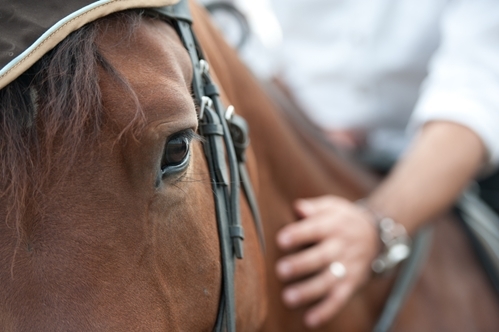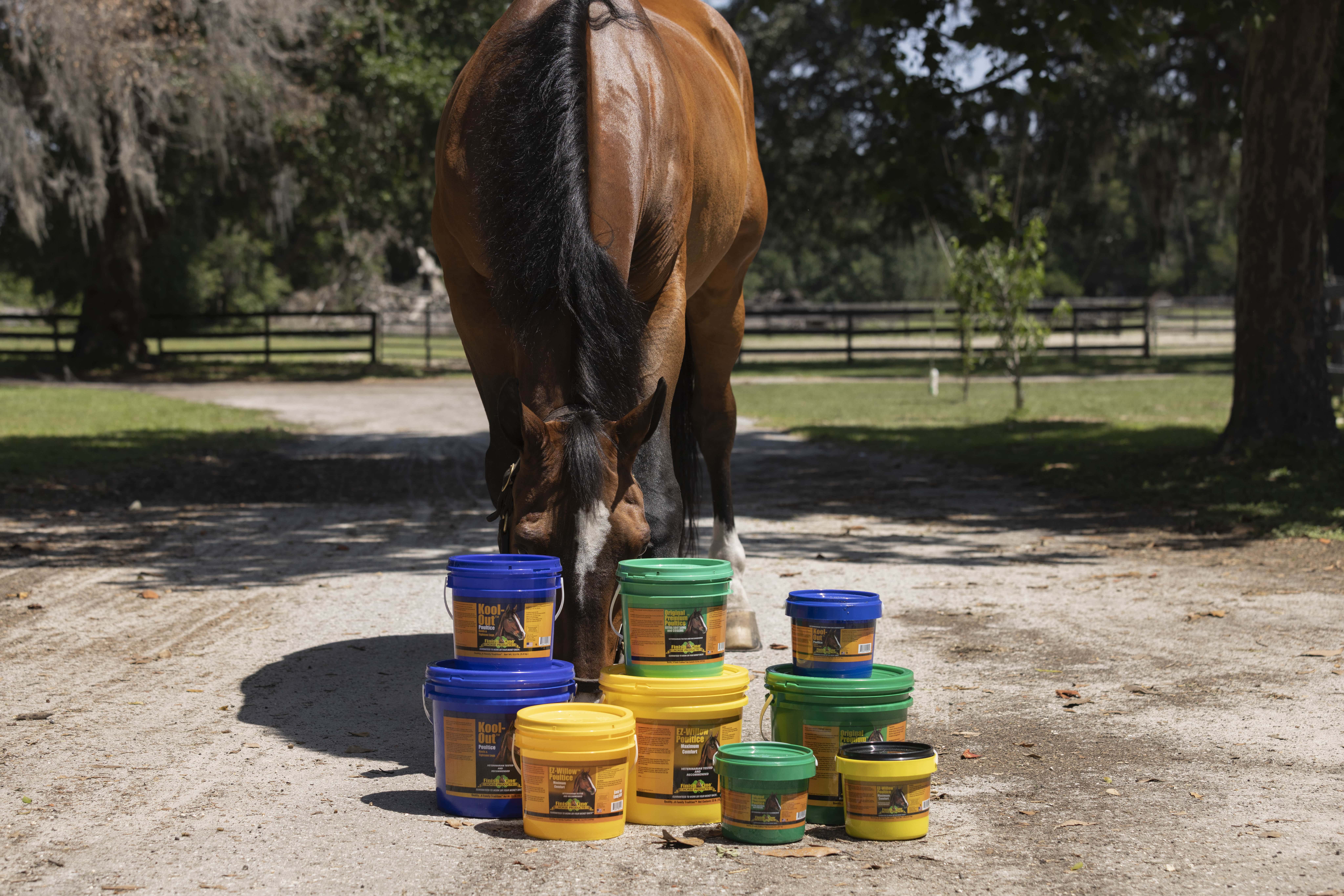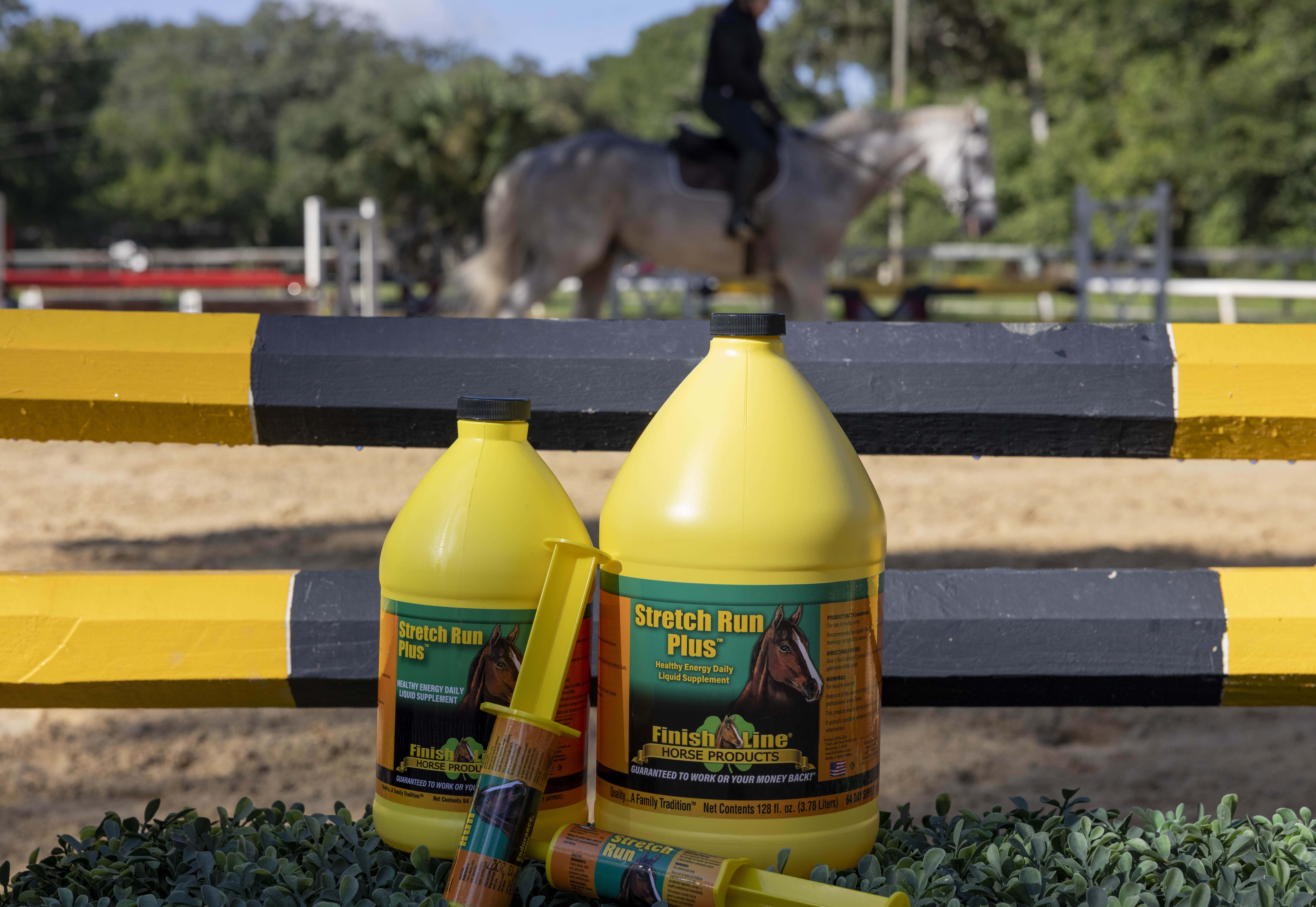- Info
- Shop Healthcare
All-In-One
Legs & Joints
Calming
Equine Comfort
Muscle
Quiet Energy & Recovery
Cough Relief
Capillary Health
Multi-Vitamin
Skin & Coats, Hooves
- Shop Feed Supplements
Skin & Coat, Hooves
Iron Nutritives
Muscle

- Shop External Applications
Poultices
Shampoos

- Info
- Shop Healthcare
All-In-One
Legs & Joints
Calming
Equine Comfort
Muscle
Quiet Energy & Recovery
Cough Relief
Capillary Health
Multi-Vitamin
Skin & Coats, Hooves
- Shop Feed Supplements
Skin & Coat, Hooves
Iron Nutritives
Muscle

- Shop External Applications
Poultices
Shampoos





